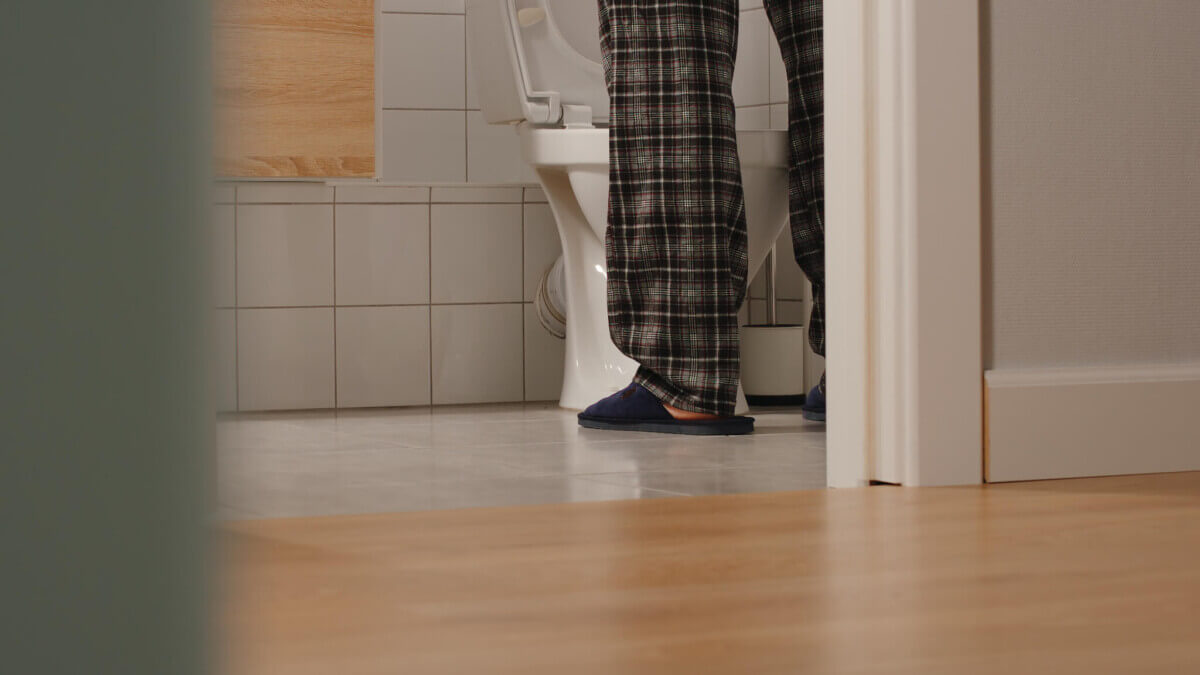
(© cliplab.pro - stock.adobe.com)
YOKOHAMA, Japan — Hopping out of bed throughout the night for unexpected (and unwelcome) treks to the toilet may be more than just a sign of bladder issues. A new study finds that people who regularly wake up to pee are significantly more likely to have high blood pressure.
Researchers from Tohoku Rosai Hospital in Japan say the condition of frequent urination overnight, known as nocturia, has been previously linked to high salt intake, which is problematic for many residents of the country. People in Japan tend to consume about 10 grams of salt per day, more than twice the average salt intake worldwide. So study authors sought to see how nocturia was linked to high blood pressure among the Japanese population.
For their research, they measured blood pressure of 3,749 residents during their annual health check in 2017, and surveyed them for possible nocturia diagnosis. Though only slight more than half (1,882 participants) completed the survey, a stunning 69 percent (1,295 people) reported having to urinate regularly overnight. The authors compared the number of people suffering from the condition to those with hypertension, which occurs when one's blood pressure reaches at least 140/90 mmHg.
“We found that getting up in the night to urinate was linked to a 40 percent greater chance of having hypertension,” says study author Dr. Satoshi Konno, of the Division of Hypertension at Tohoku Rosai Hospital, in a release by the European Society of Cardiology. “And the more visits to the toilet, the greater the risk of hypertension.”
The authors note the study merely points to association, not cause-and-effect, and may not apply to populations outside Japan. Genetics, ethnicity, and lifestyle may all contribute to one's risk in addition to salt intake.
“Our study indicates that if you need to urinate in the night ... you may have elevated blood pressure and/or excess fluid in your body,” says Konno. “If you continue to have nocturia, ask your doctor to check your blood pressure and salt intake.”
The findings were presented at the 83rd Annual Scientific Meeting of the Japanese Circulation Society.










